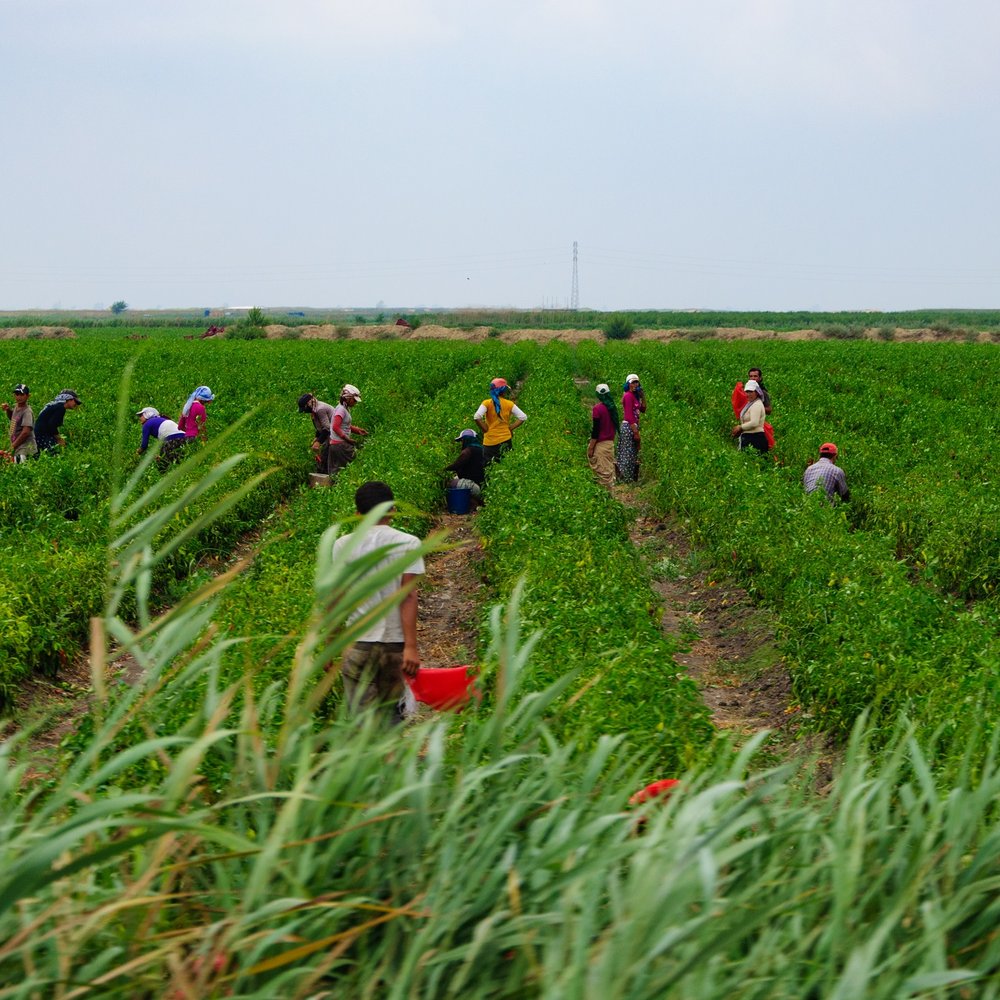KnowTheChain: Ranking of 43 food and beverage companies on efforts to address forced labour in supply chains

Shutterstock (purchased)
The Covid-19 pandemic brings into sharp focus the importance of food supply chains. It also exposes and exacerbates pre-existing power inequalities and exploitative working conditions in the food and beverage sector. Deemed “essential” around the world, food workers are reportedly forced to work in exploitative and unsafe conditions: workers in a Nigerian rice mill were locked in and forced to work throughout lockdown; migrant workers in a US meat plant were threatened with termination if they called in sick; and thousands of tea workers in India did not get paid, leaving them facing hunger and hardship.
In its third benchmark on the sector, KnowTheChain finds that most of the 43 largest global food and beverage companies fail to address forced labor risks in their supply chains—a litmus test of minimum fair treatment of workers. The average score in the sector is 28/100, with a score range of 0 to 65.
The results show that:
- Companies score lowest on the themes of Purchasing Practices (17/100) and Worker Voice (16/100). While companies benchmarked in both 2018 and 2020 have demonstrated improvement on benchmark themes such as Commitment & Governance, Traceability & Risk Assessment, and Recruitment, improvements on the themes of Worker Voice and Purchasing were limited. Low scores in these critical areas indicate that companies are ill-equipped to protect workers during the Covid-19 crisis and to contribute to a just recovery.
- Tesco (65/100) leads the benchmark, overtaking Unilever (60/100). Tesco reports implementing responsible purchasing practices, such as prompt payment and integration of labor performance, into its tender process with suppliers and is the highest-scoring company on Worker Voice (67/100). The company discloses working with unions and NGOs across its supply chains on worker education and freedom of association, and it reports examples of improved working conditions and wages.
- As meat companies come under the spotlight across the world for poor working conditions and spreading the Covid-19 virus, meat industry giants WH Group (1/100), Tyson (9/100), Hormel (12/100), and JBS (12/100) show little effort to address forced labor risks in their supply chains. The scores of JBS and Tyson, both suppliers to the international fast food chains Burger King and McDonald’s, have continually worsened since measurement started in 2016, demonstrating disregard for workers’ rights and their minimum welfare.